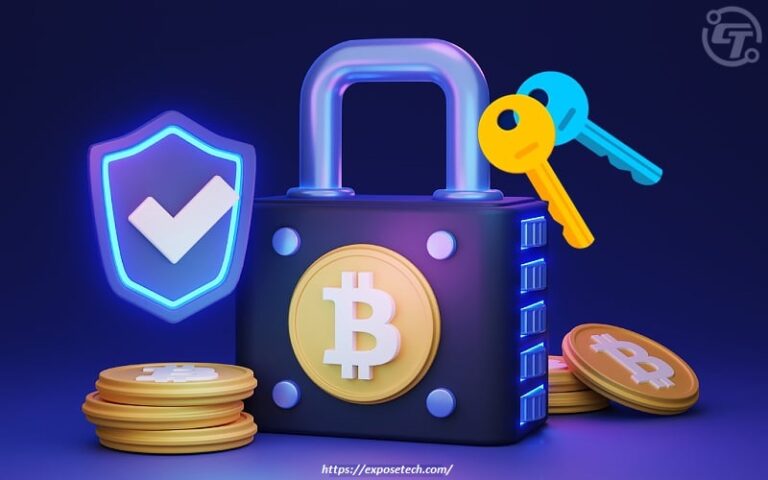You will never stop hearing how safety is paramount in crypto. Because it is the main thing you should pay attention to, well… besides crypto changes.
Below we will cover everything about cryptocurrency wallets, the different wallet types and how to select one that meets your security requirements. We’ll also explore essential practices for leveraging platforms like LI.FI safely with your wallet.
Crypto wallets and their role in securing your digital assets
You might also be wondering where cryptocurrencies are kept; they aren’t really stored in a cryptocurrency wallet.
Contrary to exchanges that keep your coins or tokens, it possesses the keys that allow you to transact on the blockchain. This proves that the private keys are very important since anyone who gets hold of them will have authority over your cryptocurrency.
Therefore, the selection of a safe wallet and personal security measures are activities that should be followed in order to secure your funds. There are several types of cryptocurrency wallets:
- Hot wallets: Most secure, these are hardware wallets that are physical objects resembling USB drives. They store your private keys offline; hence, they cannot be easy targets for online hackers or other similar criminals. Some of the most common and well-known hardware wallets today are the Ledger and the Trezor wallets.
- Software wallets: These are software programs that run on your computer or are downloaded on the internet on your mobile phone. Some types of wallets are Software wallets – these are considered convenient and user-friendly, thus suitable for regular use. Nonetheless, they are a bit vulnerable to malware and hacking due to their connection with the internet compared to hardware wallets. Some of the software wallets that exist today are MetaMask and Exodus.
- Web wallets: Also known as online wallets or hosted wallets, web wallets are “applications” that one can access through the internet and his browser. Although useful, they are the most dangerous type of wallet as they rely on a third party that has full access to your keys. However, it is suggested to deposit only a certain amount, which you intend to spend, and not store your cryptocurrencies in web wallets for a long time.
Leveraging DEX aggregators like LI.FI safely with your crypto wallet
Decentralised exchanges are part of an innovative and modern means of trading cryptocurrencies thus reducing the heavy reliance on centralised platforms. But it can be time-consuming to determine the best exchange rates across various DEXs.
This is where DEX aggregators like LI.FI come in. LI.FI searches across various DEXs to find the most efficient route for your crypto swap, saving you time and money. LI.FI supports a vast classification of bridges, allowing you to seamlessly move your crypto assets between different blockchains within their platform.
And once you’ve found your crypto, you need to connect your wallet with the DEX aggregator.
Connecting your crypto wallet to LI.FI is easy! Just link your wallet address to the platform, kind of like logging in. Once connected, you can see live crypto prices, swap your coins easily, and even set things up to manage your crypto automatically. And remember to never let anyone know your password for your crypto wallet.

